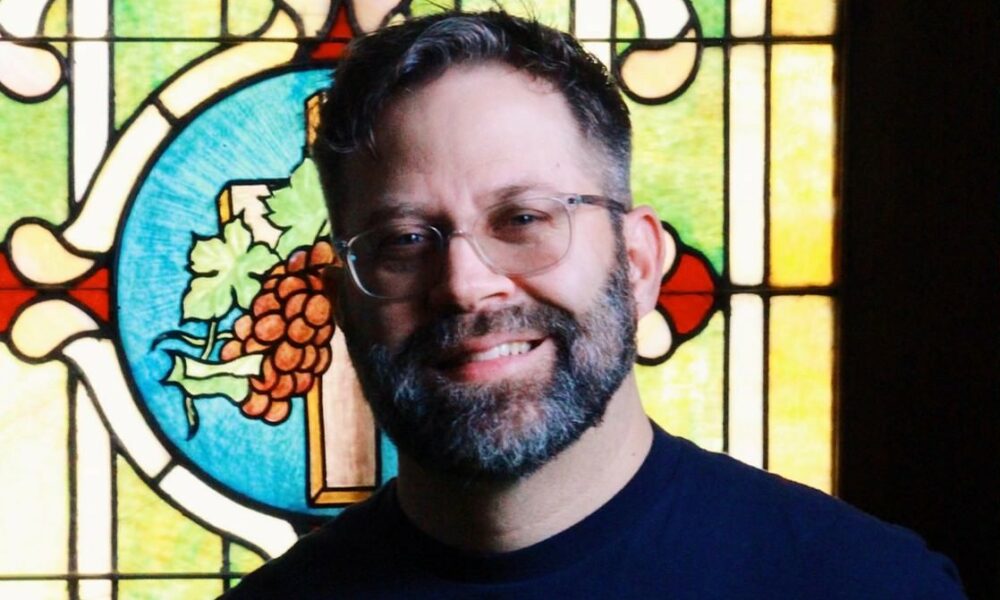

Today we’d like to introduce you to Dan Szymczak.
Hi Dan, we’re thrilled to have a chance to learn your story today. So, before we get into specifics, maybe you can briefly walk us through how you got to where you are today?
I became a college golf coach almost by accident– and it’s one of the best things to ever happen to me.
I had worked in golf professionally for 7+ years as an equipment salesman, club fitter, and swing instructor all while managing a local golf store. In July of 2022, the store lost its lease and closed down. Two weeks or so prior to that, I had heard a rumor that The College of St. Scholastica might be looking for a golf coach. I had actually applied for the coaching position back in February of 2019, when they ultimately hired the coach that preceded me, so when I heard they were looking for someone in a very short time frame to serve as an interim coach, I jumped at the chance.
I was hired just a few days before the fall season started. With the previous coach had left back in May, there was an entire off-season’s worth of work that still needed to be done, much less the in-season work that was starting up, so I dove in and got to it. It was a hectic time, to say the least; but I told myself and the team that if I could just get them through the season ok and if they knew they were cared about, I’d consider the fall a success for all of us.
I bonded very quickly with the team. I believe coaching is a caring- and service-based job and I took those responsibilities very seriously. I think they could tell right away that I wasn’t just knowledgeable about golf, but that I was sincere in my desire to provide for them– even if it was just going to be for the 8-week-long interim contract.
Midway through the season, my players began to advocate for keeping me as the full-time coach without my knowledge. We weren’t just forming positive relationships– we were starting to see growth on the golf course, as well. One day, the Athletic Director called me into her office to inform me they were stopping the search for a new coach and told me that the players had asked her to keep me on, permanently. I happily accepted. When I tell this story in person, it’s impossible for me to not get emotional during that part. Those kids fighting to keep me is one of the greatest honors of my entire life.
The very first tournament I coached after being hired full-time resulted in our women shooting their lowest team score, ever. In that week and the weeks to follow, I had seven players (out of 19) shoot personal record scores.
Now, as I’m in my first offseason and prepping for our spring developmental season, I’m a first-year coach looking to recruit new players and elevate the program while never losing sight that caring and serving the athletes entrusted to me will always be the real job to be done. I have a purpose statement that hangs right in front of me in my office that reads: “My Purpose is: to care for and support my student-athletes and help them grow to their maximum potential in their athletic, academic, and personal lives.” That’s the calling of a coach, I believe, not the narrow goal of winning. Help student-athletes become their best, and success will appear, both on the golf course and in life.
We all face challenges, but looking back would you describe it as a relatively smooth road?
There have been numerous challenges up to this point. I didn’t play college golf, myself. In fact, I never even played high school golf. I came to the game of golf relatively late in life, well after college. So everything I have done and everything I’m doing has all been learning on the fly. I’ve been so grateful to have a team that trusts me and is patient with me in the things I don’t yet know.
I was still catching up on the off-season’s work right up until the final day of the fall season. Establishing team culture is all-encompassing work, and the culture on this current team as opposed to the previous team is very, very different. I’ve been blessed by the amount of buy-in I’ve had in that respect.
I’m still learning how to structure my seasons, how to best motivate and teach my student-athletes, how to recruit effectively, and so much more. It’s honestly all still a challenge, on one level or another; but I believe I’m up to it!
Thanks – so what else should our readers know about your work and what you’re currently focused on?
I had a recruit ask me once what makes our program special. I thought about it for a few days before I got back to her with an answer. There are two things our program has that no other golf team in the entire country has: my players and me. No coach is successful without great athletes who are driven to meet their potential. No team culture exists without the players living it out. I think it’s impossible to think of many things about myself as a coach that is somehow set apart from my wonderful players.
Our team culture is defined by the same Benedictine Values that the college was founded upon: Community (Being Together), Respect (Being Good to Others), Love of Learning (Being Focused on Growth), Hospitality (Being Gracious), and Stewardship (Being Accountable to Ourselves and to Others.) As a Christian coach, those values aren’t just how I try to run my program, they’re a big piece of how I try to live my life. If we as a team can live out those five values, we won’t just get better at golf– we’ll get better at life, as well.
We’d love to hear about how you think about risk taking?
Risk is a concept that is central to the game of golf. On every shot, there is some measure of potential risk and some measure of potential reward. How I play the game of golf and how I coach others to play it is to take risks only when it’s appropriate and when the negative outcome isn’t too big to overcome.
I think I took a pretty big risk in accepting the interim position as coach. I took an even bigger risk in accepting the permanent position going forward. To undertake what will likely end up being my life’s work while being so underprepared for it sure feels risky, at least; but I believe in myself. I believe in who and what I am and what I’m capable of. So do my players. That all certainly helps.
There’s nowhere near enough time in one interview to begin to even scratch the surface of some of the crazy rides much of my life has been, long before I became a college coach. But I think my one underlying thought about risk is that it’s ok to take risks– as long as you prepare for them. I’m a big believer in preparation being the number one factor in success, both on the golf course and in life. If I feel prepared, I can feel confident in the outcome; and if I feel confident, I’m likely to have success.
Contact Info:
- Website: csssaints.com
- Instagram: https://www.instagram.com/csssaintsgolf
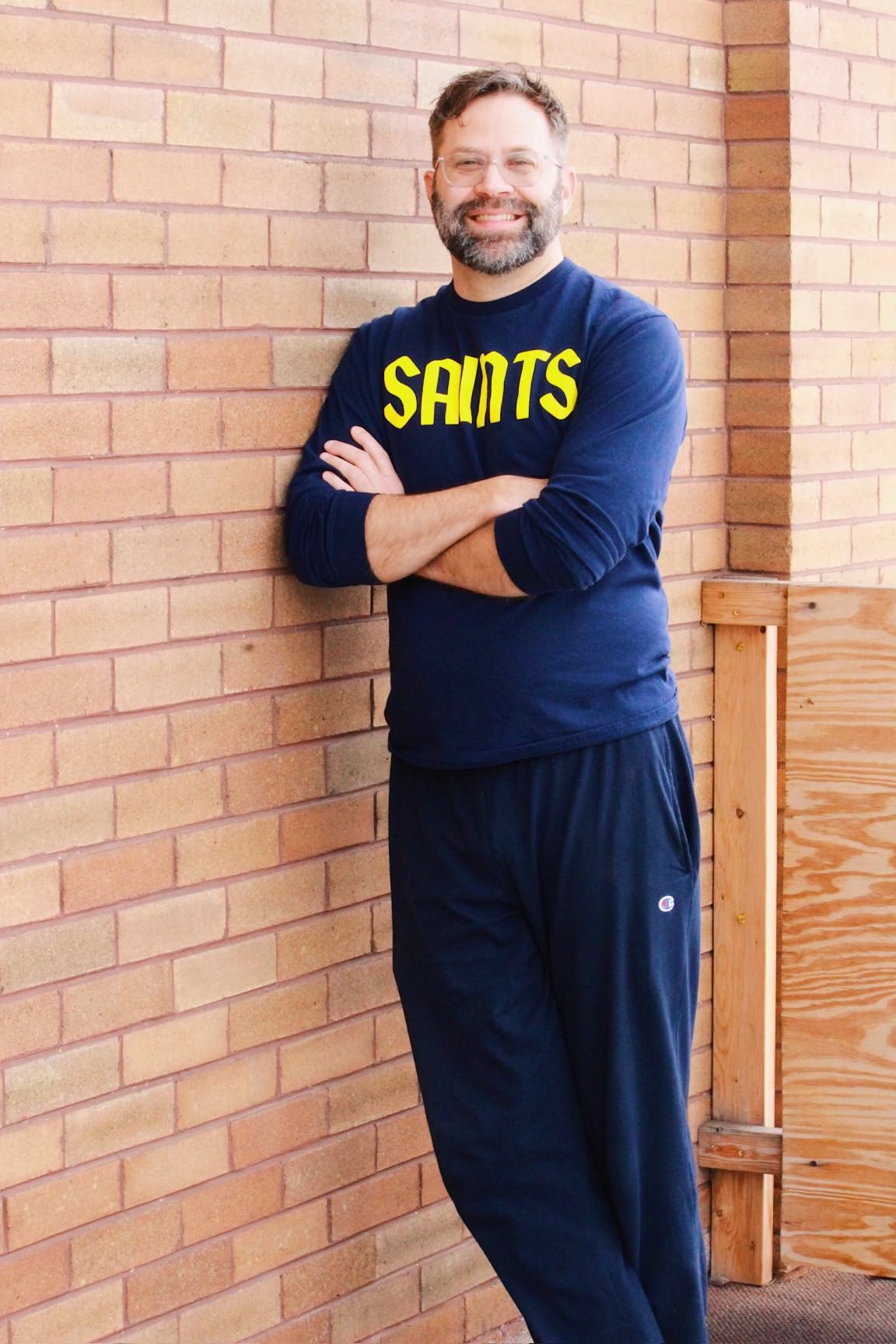
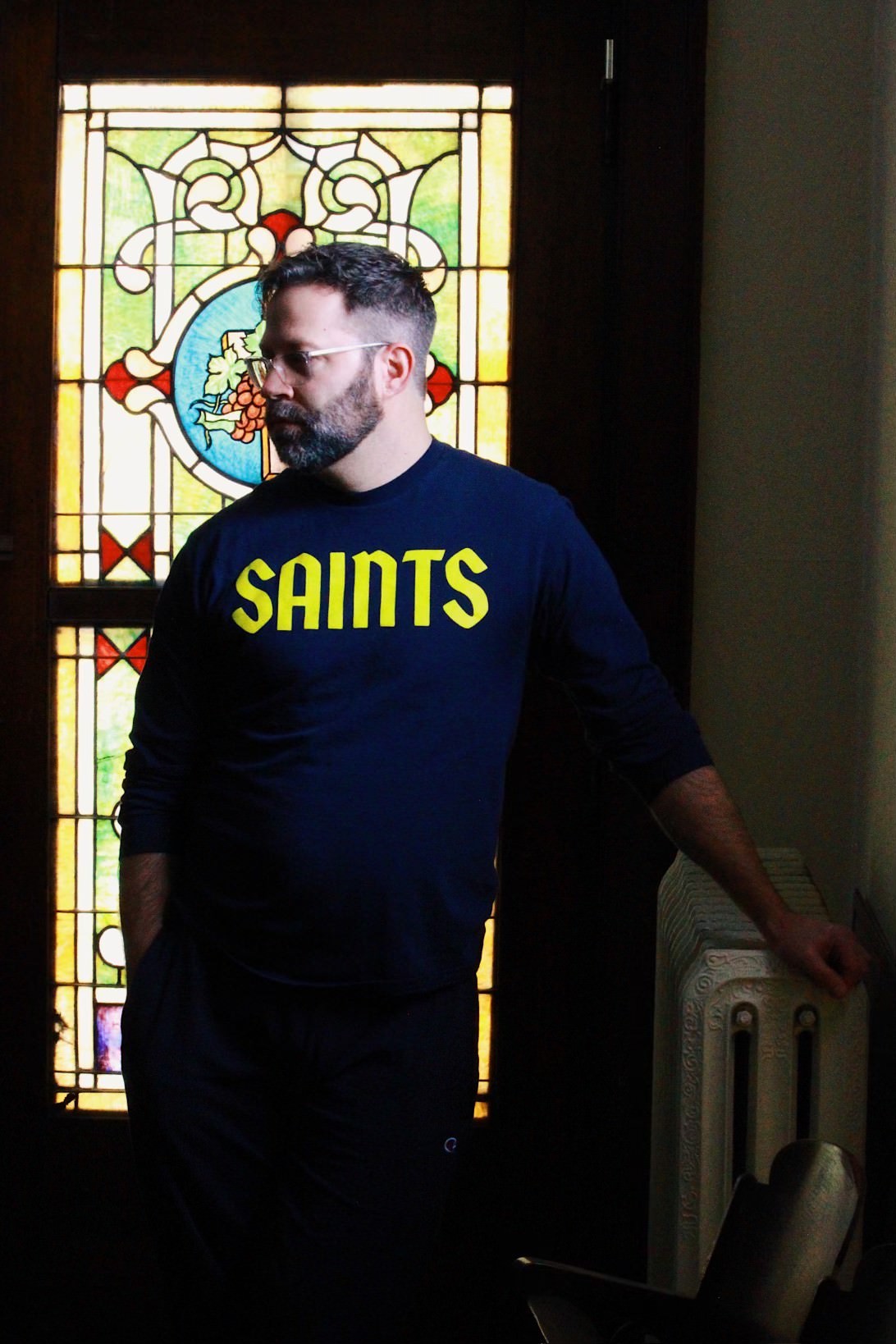
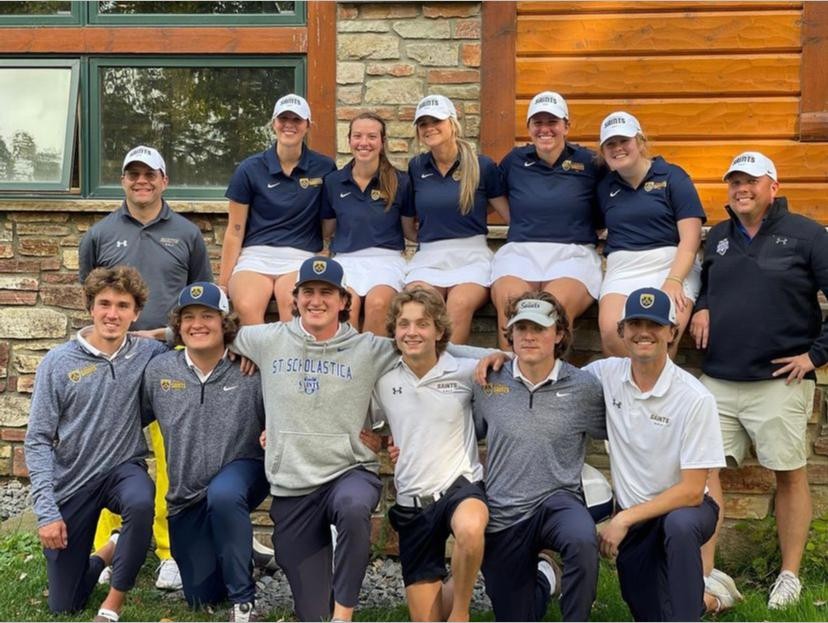
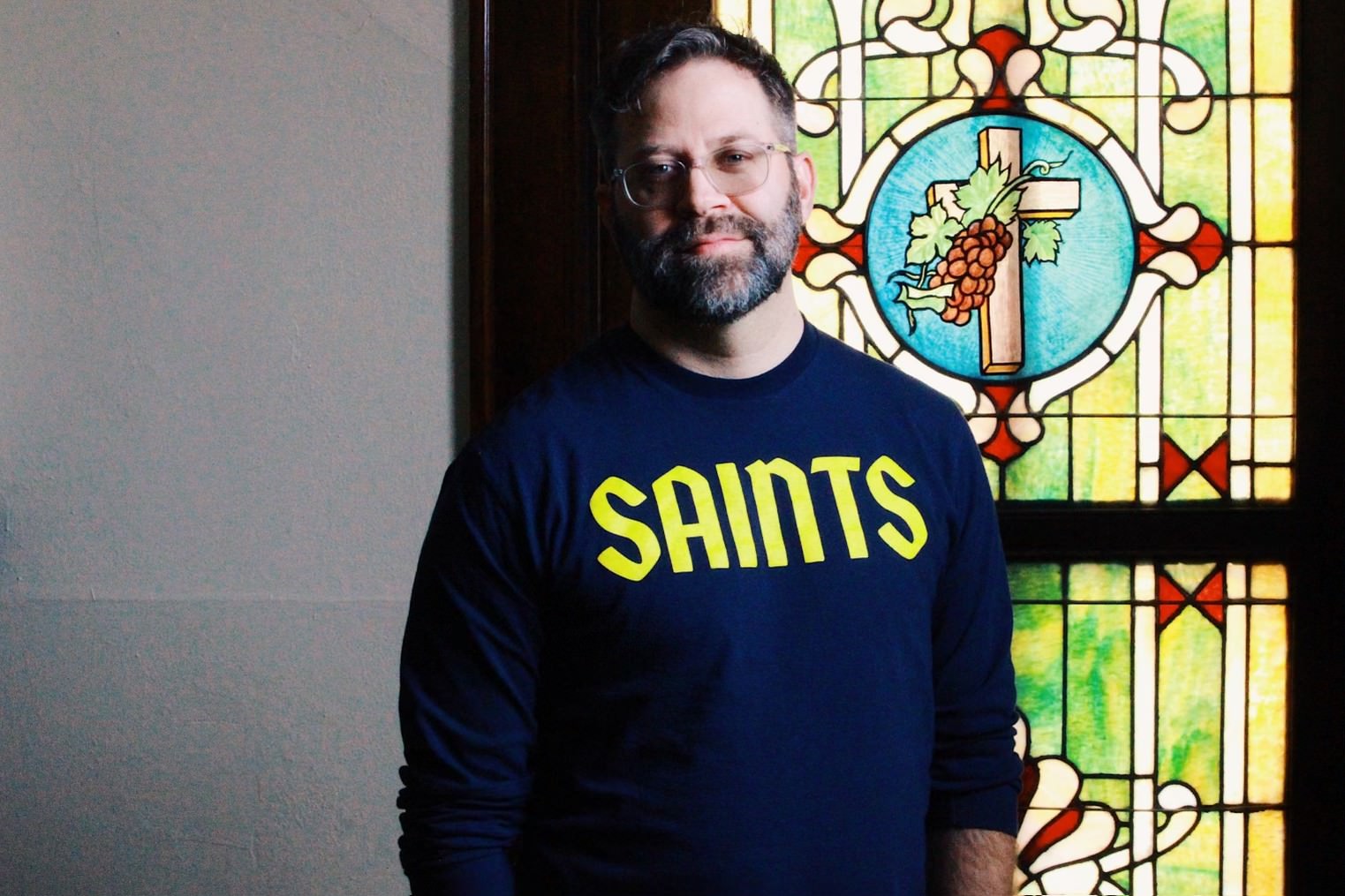
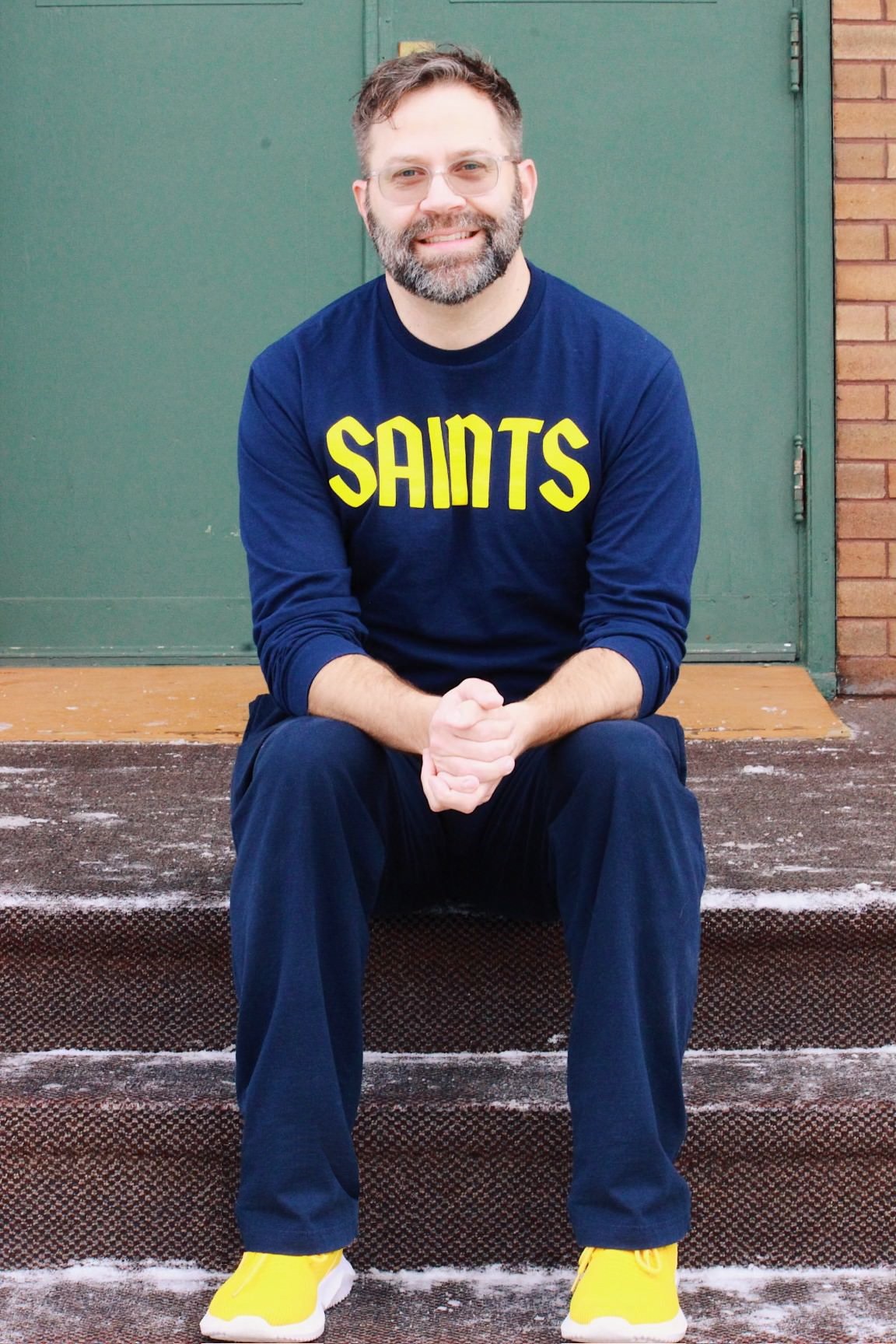
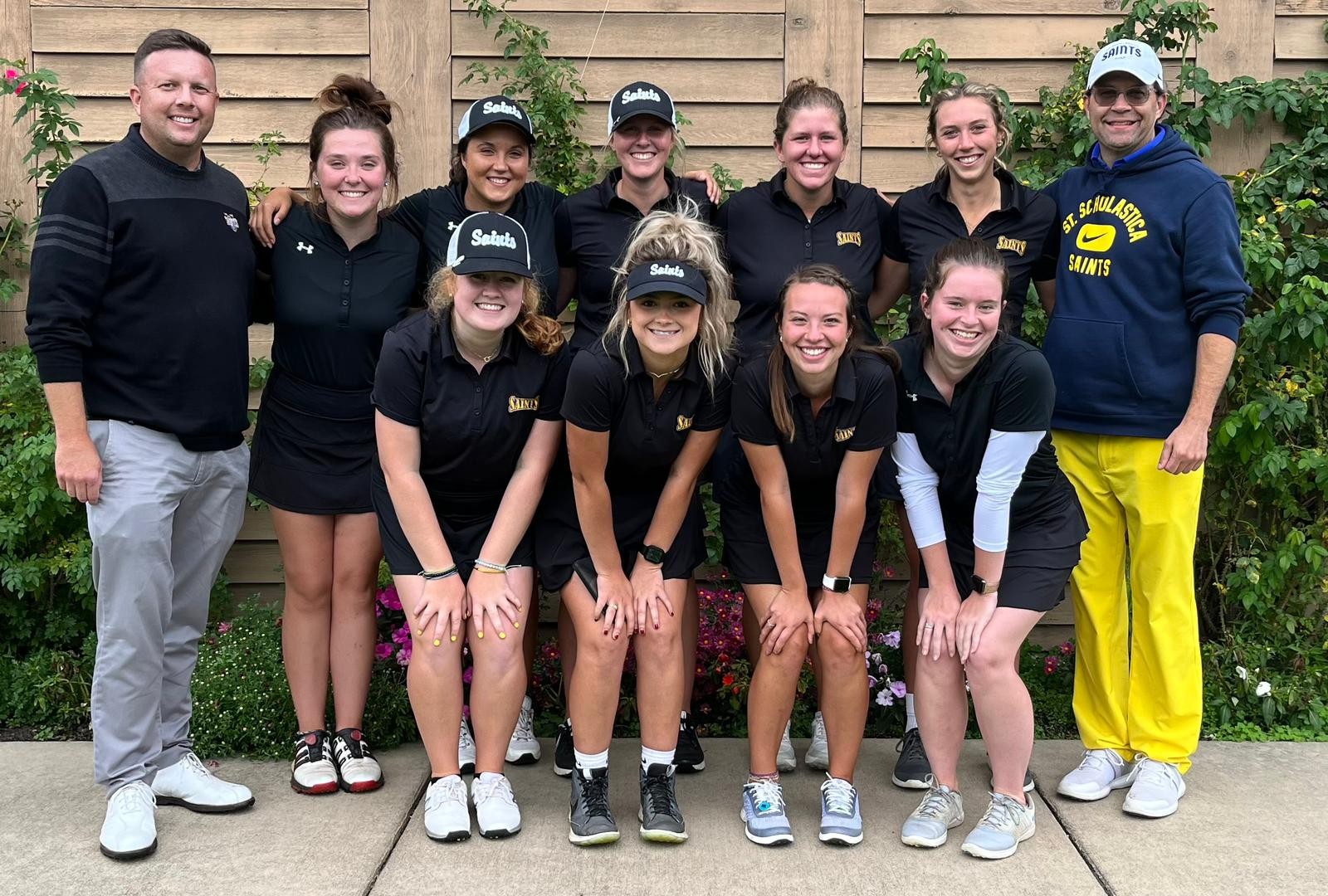
Image Credits
Individual photos by Ann Brennan











